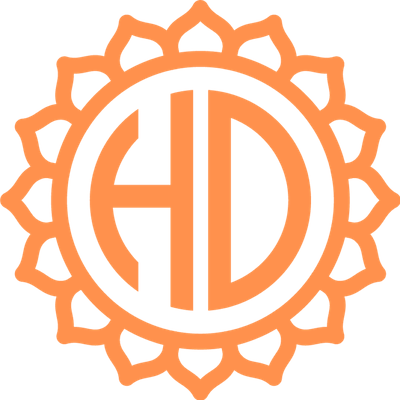Jan Böcker's Human Design Chart
5/1 Emotional Manifesting GeneratorDutch chaplain, who was one of the last victims of the SD during Operation Silbertanne.
He was the eldest son of a German father, the tailor Theodor Böcker and Maria Gieling. In 1921 he was sent to the preparatory seminary Kuilenburg near Culenborg. In 1936 the Archbishop of Utrecht, Johannes de Jong initiated him as priest. He worked as a chaplain in the Saint-Martinus parish of Pannerden and the St. Nicolas parish of Jutphaas.
In 1942 he became chaplain of St Augustine parish in Groningen. Here he became involved in non-violant resistance work against the German occupants. Together with the pastor F.J. Schoenmaker, he distributed food food vouchers, collected money for illegal refugees and hide them.
In the evening of 25 September 1944, two SD men, Gerrit Lourens and Jebbin approached the rectory. They wanted Schoenmaker, but he had gone underground in Friesland. Then Böcker was ordered to come and was shot down immediately. The SD tried to mislead the the Dutch civilians by spreading pamphlets suggesting that the murder was the work of communists.
Link to Dutch Wikipedia
Discover More Famous People
Browse and analyze over 55,000 public figures and celebrities.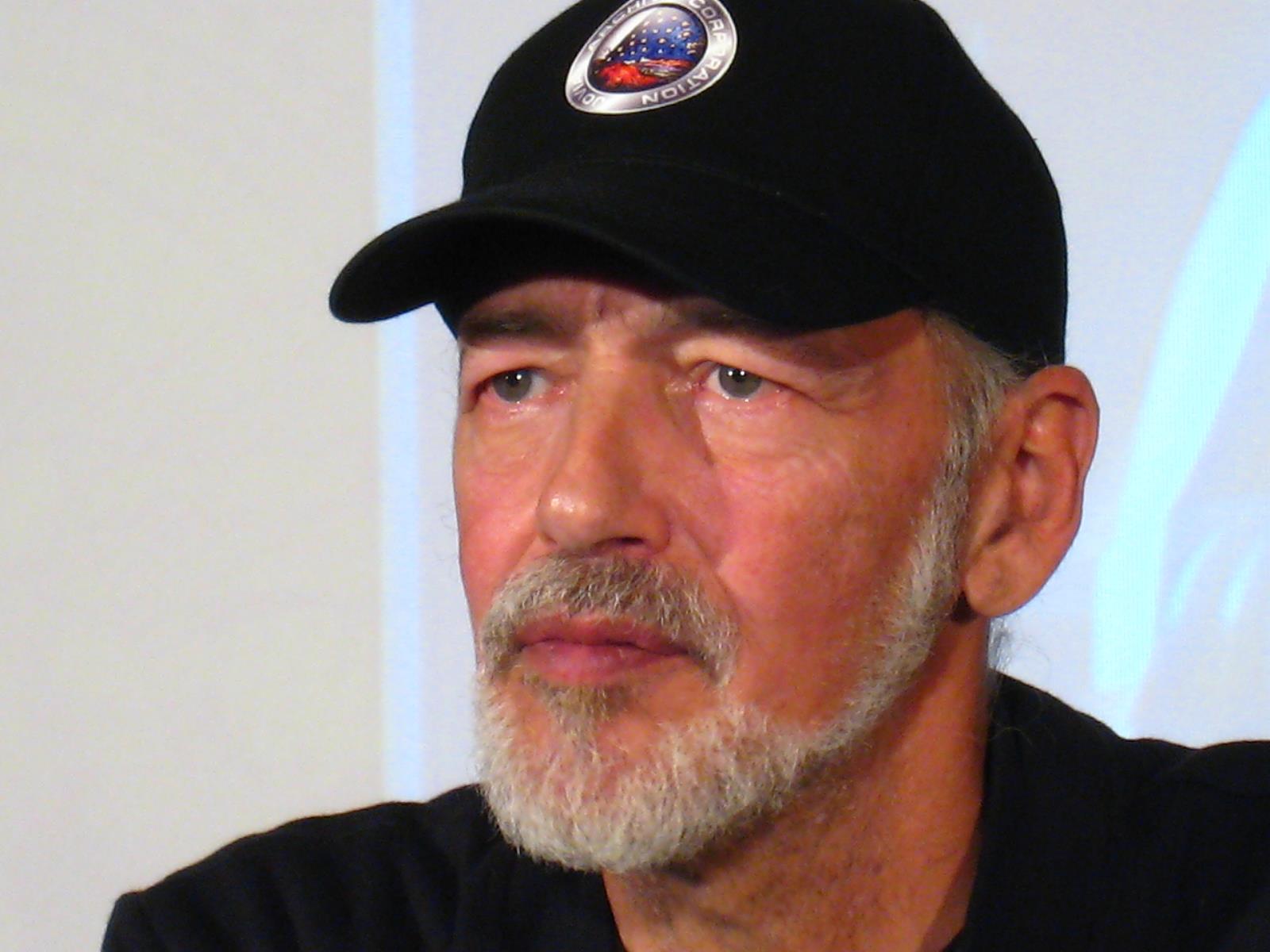
Ra Uru Hu
5/1 Manifestor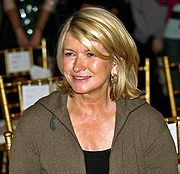
Martha Stewart
4/6 Manifestor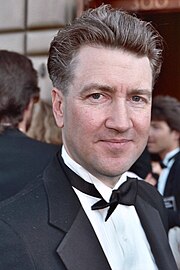
David Lynch
4/6 Generator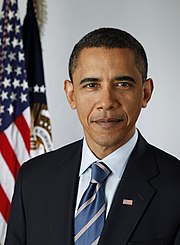
Barack Obama
6/2 Projector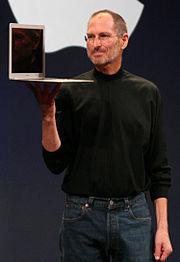
Steve Jobs
6/3 Generator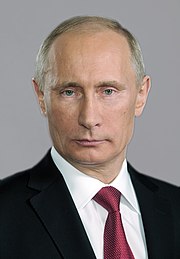
Vladimir Putin
5/1 Manifestor
Kim Kardashian
3/5 Generator
Michael Jackson
1/3 Projector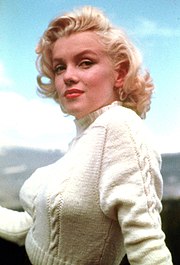
Marilyn Monroe
6/2 Projector
Ariana Grande
2/4 Projector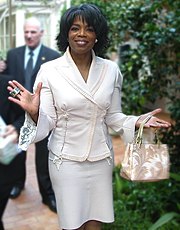
Oprah Winfrey
2/4 Generator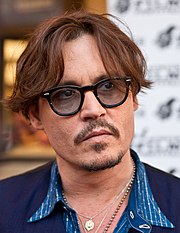
Johnny Depp
2/4 ManifestorWhat is HumanDesign.ai and how does it work?
Curious what makes Jan Böcker tick? HumanDesign.ai instantly maps their exact birth data into a fully interactive clickable bodygraph chart, letting you hover or tap every center, channel, and gate for plain-language explanations. Bella, the platform’s built-in AI guide, adds context in real time, translating complex mechanics into everyday insights so you can see how Jan Böcker’s strengths, challenges, and life themes play out on-screen.
The same tools are waiting for you. Generate your own Human Design Chart in seconds, open a library of 2000+ suggested questions, and chat with Bella as often as you like to decode your design, daily transits, and even relationship dynamics.
Want to compare energies? Save unlimited charts for friends, family, or clients, then ask Bella to reveal compatibilities, composite patterns, or coaching tips, all in one conversation thread.
Start free with core features, or unlock our Personal and Pro plans for deeper dives: unlimited Q&A, celebrity chart search spanning 55,000+ public figures, white-label PDF reports, branded content generation, and a professional profile with built-in booking for practitioners. Whether you’re exploring your own potential or guiding others, HumanDesign.ai delivers an ever-expanding toolbox of AI-powered insights—no spreadsheets, no jargon, just clarity at your fingertips.
Ready to see yours? Signup for FREE today!
